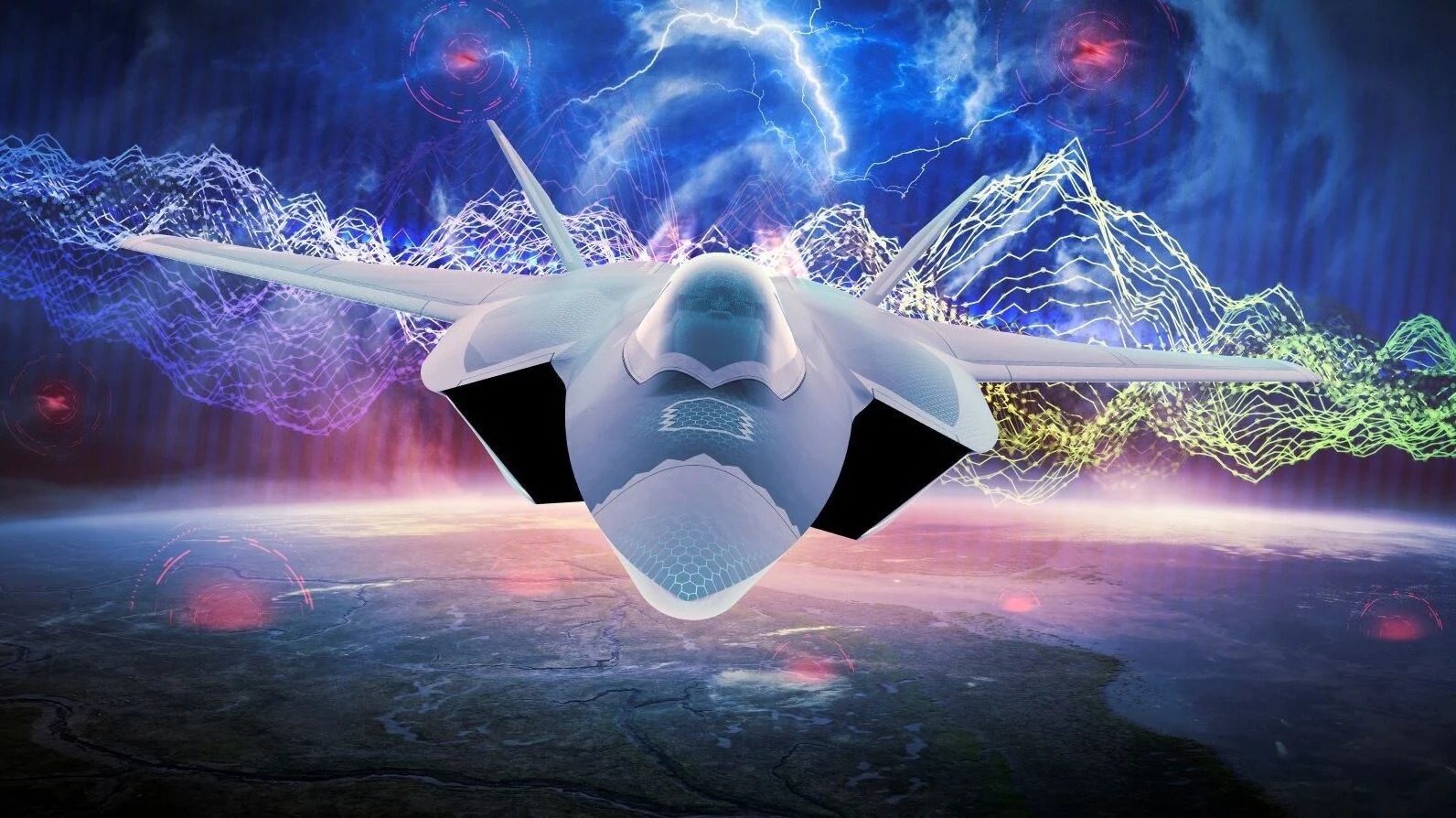Days after Japan decided to ease its stringent defense export regulations, including the sale of next-generation fighters currently under development with Britain and Italy, concerns have emerged regarding the transparency and collaboration within the Global Combat Air Program (GCAP).
Roberto Cingolani, CEO of Leonardo, the Italian manufacturer partnering in the project, revealed that the United Kingdom was yet to disclose its plans for developing and delivering new technologies associated with the sixth-generation future fighter to its Italian counterpart.
The GCAP, spearheaded by Italy, Japan, and the UK, is slated to commence the development phase of its “core platform” or next-generation fighter plane next year.
Cingolani expressed frustration, stating that he had not seen “anything specifically as a capability from the UK” and suggested the necessity for clarity regarding the roles of industry partners, which he believed had not been adequately defined in the competence assessment aimed at delineating manufacturing responsibilities.
During a press briefing to unveil Leonardo’s industrial plan for 2024-2028, Cingolani stressed the importance of “transparent” and “collaborative” work with partners, asserting that prolonged consortiums necessitated information sharing.

He highlighted the need for a thorough competence assessment and suggested that once that is undertaken, potential surprises may be in store.
Cingolani also questioned the UK’s reluctance to share information regarding the development of system-of-systems aircraft and technology, which is crucial for multi-domain operations.
He noted the importance of assessing capabilities in algorithms, high-performance computing, cloud computing, AI algorithms, and swarm intelligence. The absence of such information from the UK side raised concerns about competency assessment within the project.
This lack of transparency underscores potential challenges in the collaboration between the three nations involved in the ambitious multinational defense project.
This development marks a stark contrast to the accolades the program has been receiving for its rapid progress, especially when compared to a similar project led by France and Germany to develop a sixth-generation fighter jet.
Recently, even Japan’s ruling coalition agreed to permit the export of next-generation fighter jets being developed with Britain and Italy, thereby relaxing Tokyo’s stringent rules regarding the transfer of military equipment.
With ‘gaps’ in the GCAP program, Japan’s decision to talk about its potential exports can bee seen as premature.
Challenges Ahead
The UK and Italy have a track record of collaborating on different defense projects, such as the Tornado and Eurofighter/Typhoon programs. In contrast, Japan’s involvement in defense equipment collaboration has largely revolved around working with the US.
This program marks a key milestone for Tokyo as it embarks on its first major collaboration with nations apart from the US, signifying a notable expansion in its international partnerships in the defense sector.
There is a growing acknowledgment that the complex procedures involved in allocating work, which frequently result in final decisions being made by politicians, were not conducive to meeting the GCAP’s ambitious goal of achieving initial operating capability by 2035.
Industry partners from all three countries have reportedly assembled teams concentrating on different areas: airframes, engines, and electronics. BAE Systems, Mitsubishi Heavy Industries, and Leonardo Aircraft in Italy will collaborate on the airframe, while Rolls-Royce, IHI, and Avio Aero will focus on engine development.
The electronics sector will see collaboration among Leonardo UK, Mitsubishi Electric (MELCO), Leonardo Italy, and Elettronica, operating under the integrated sensing and non-kinetic effects & integrated communications systems (ISANKE & ICS) program unveiled at the Defence Equipment and Security International (DSEI) 2023 in Japan in March 2023.
Additionally, MBDA, representing the UK and Italy, will oversee weapon development and integration, sharing responsibilities with MELCO. To establish an efficient commercial framework, all these teams will probably report to a single entity.
Yet, Cingolani argued that it was illogical to focus solely on developing a sixth-generation aircraft without considering its intended role as a “system of systems” project, suggesting that this aspect had been overlooked.
If participating nations simply desired a next-generation platform, he pointed out that such a platform already existed — the F-35 — and could be easily modified. Therefore, he noted the importance of thoroughly analyzing the technical requirements of the GCAP.
He highlighted Leonardo’s capability to contribute to the development of the system of systems technology and mentioned that he had conveyed this perspective to Japanese officials during his meeting with them in December 2023. While he believed there was a shared understanding of this viewpoint, he warned that there was still much work to be done regarding the GCAP in general.
Leonardo’s focus on the system of systems technology research extends to providing funding to 10 universities for studies on various aspects, including low observability concepts, machine learning, AI for autonomous flight, drone swarm flight management, as well as new propulsion systems and energy storage, as outlined in company literature.
- Contact the author at ashishmichel(at)gmail.com
- Follow EurAsian Times on Google News